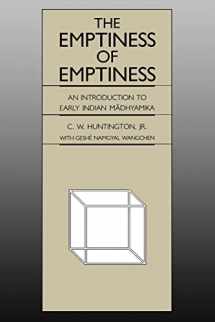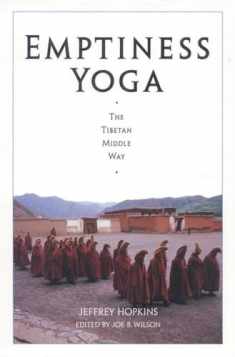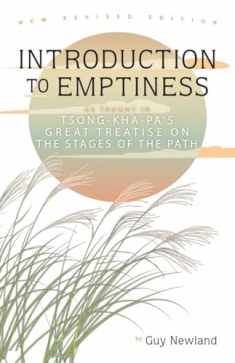
Emptiness of Emptiness: An Introduction to Early Indian Madhyamka
Book details
Summary
Description
The Emptiness of Emptiness presents the first English translation of the complete text of the Madhyamakāvatāra (Entry into the Middle Way) a sixth century Sanskrit Buddhist composition that was widely studied in Tibet and, presumably, in its native India as well. In his lengthy introduction to the translation, Huntington offers a judiciously crafted, highly original discussion of the central philosophy of Mahāyāna Buddhism. He lays out the principal ideas of emptiness and dependent origination not as abstract philosophical concepts, but rather as powerful tools for restructuring the nature of human experience at the most fundamental level.
Drawing on a variety of Indian and Western sources, both ancient and modern, Huntington gradually leads the reader toward an understanding of how it is that sophisticated philosophical thinking can serve as a means for breaking down attachment to any idea, opinion or belief. All of this on the Buddhist premise that habitual, unreflective identification with ideas, opinions, or beliefs compromises our appreciation of the ungraspable miracle that lies at the heart of everyday, conventional reality. The author shows how the spiritual path of the bodhisattva works to transform the individual personality from a knot of clinging into a vehicle for the expression of profound wisdom (prajñā) and unconditional love (karuṇā).


We would LOVE it if you could help us and other readers by reviewing the book
Book review





